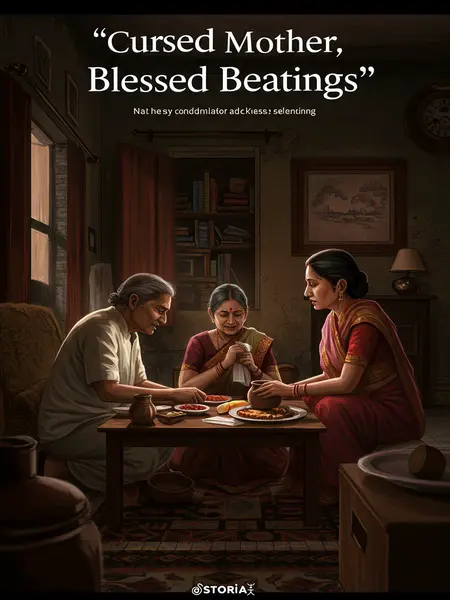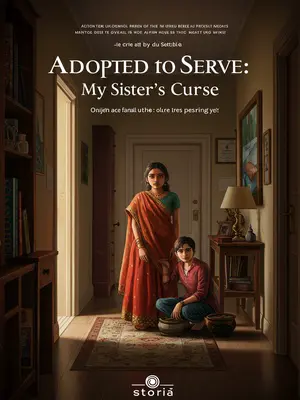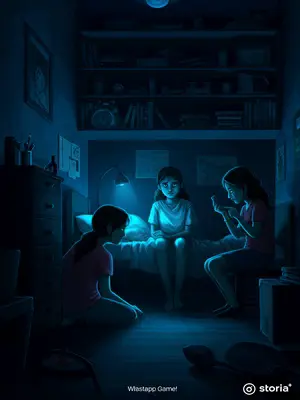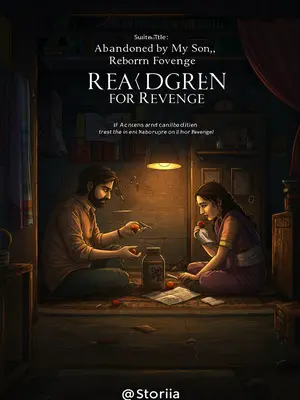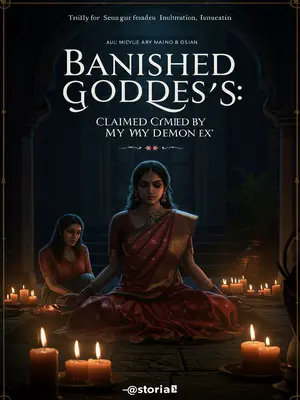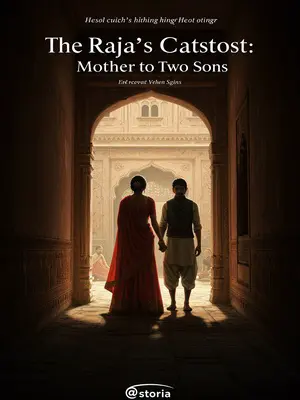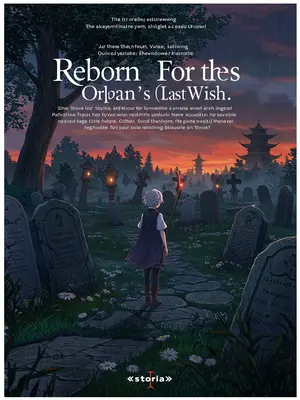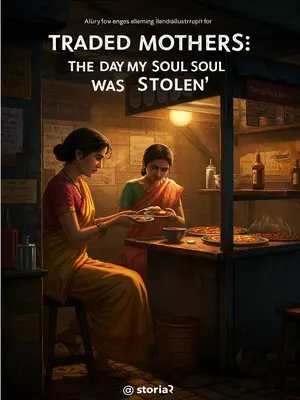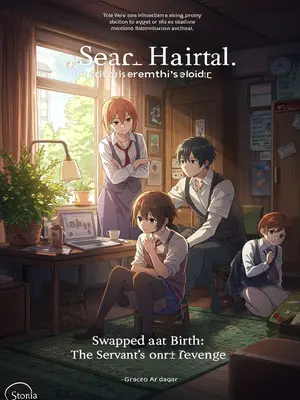Chapter 1: The Fate of a Manhoos Aurat
I was six when I first heard Nani call my mother a manhoos aurat, her voice sharp enough to slice through the morning chai steam. That word—manhoos—landed heavy, like a curse, and seemed to linger in the air long after the chai cooled.
Whenever she said it, Nani’s lips curled in that sharp-edged way, and I’d catch her glancing sideways at the old sepia photo of her own saas, as if searching for some cosmic nod of approval. In our house, words like 'manhoos' and 'badnaseeb' clung thicker than the monsoon damp, seeping into every wall and every whisper.
When my drunkard father smashed a bottle on Mum’s head, he hit the jackpot at teen patti, pocketed a whole lakh overnight.
The sound of glass shattering had barely faded before the colony rickshaw-wallahs brought news of his win, their voices tinged with envy and a shadow of fear. Neighbours gathered in the lane outside our gate, muttering about our cursed house, but secretly calculating how such fate might be tempted to their own doorsteps.
After Nani pinched Mum so hard her arms bloomed with bruises, she was suddenly courted with great enthusiasm by the old uncle next door.
Uncle Bakshi, usually so tight-fisted he wouldn’t spare a rupee for prasad, began turning up with hot samosas and jalebis, his gaze lingering a beat too long on Nani’s wrists jangling with new glass bangles. For a short while, the kitchen smelled less of haldi and more of sly, syrupy sweetness.
On the eve of the board exams, my elder sister Priya hesitated, glancing at the Ganesh idol on the shelf, then quickly turned it to face the wall—ashamed to let God witness what she was about to do. But temptation won: she spent the night pricking Mum with sewing needles. Mum’s cries became the price for Priya—whose grades had only ever been fit for some local polytechnic—to miraculously get into a top-tier IIT.
That night, sleep in our house was a thin, ragged thing. Priya sat by the lamp, hands trembling, face drawn as she drove needles into Mum’s arms and legs. Mum’s muffled sobs threaded through the darkness, interrupted only by Nani’s snores and the distant wail of a train. In the morning, my sister’s eyes gleamed with something brittle and new, as if she’d glimpsed her future in the reflection of her own cruelty.
Every time someone abused Mum, they received a reward.
It was as if some ancient ledger was being balanced—each bruise, each curse, paid back with a windfall. The neighbours began to eye us differently, some with suspicion, others with greed. In the Friday bazaar, women adjusted their dupattas and pretended to haggle over bhindi, but their eyes flicked to our gate, watching for any sign of trouble. Even the local pandit looked at our doorstep with both fear and longing.
No one in my family treated Mum as a person. They justified themselves by calling her a 'manhoos aurat'—someone born to be beaten.
Her existence became a kind of public spectacle. At weddings, at funerals, even during Holi when colours should have washed away every boundary, people kept their distance from her. Some would touch her feet, hoping to catch a bit of 'luck'; others spat on the ground after she passed, warding off the evil eye.
Only I gently blew on Mum’s wounds, applied medicine, and wished for her to be free from illness and disaster.
At night, when the rest of the house lay quiet except for the ceiling fan’s slow groan, I would sneak into Mum’s room with cotton and Betadine, hands trembling with fear of being caught. The sharp sting of the medicine made Mum flinch, but she didn’t pull away. I dabbed gently, the smell of antiseptic mixing with the dust and old sweat in the room. I’d whisper, "Sab theek ho jayega, Maa," and watch as she tried to smile, her lips barely parting.
Only I knew: Mum was not a 'manhoos aurat.' She wasn’t even human.
Somewhere deep in the pit of my stomach, I carried a terror older than myself—something I’d never dared say aloud. When I looked into Mum’s eyes, I saw something ancient, something waiting.
Every time they beat her, a portion of their own lifespan was drained away.
I’d seen it in the lines deepening on Nani’s face, the tremor in Dad’s hands, the way Priya’s laughter grew shriller each year. In our family, fortune was bought with pain, and the price was always hidden—paid in days, in dreams, in years quietly vanished.
The so-called good fortune was just bait—Mum’s way of drawing out their life force.
I shivered sometimes, wondering if the house itself knew—a silent, unseen witness to every blow, every wishful prayer, every tiny death.
That night, as I watched the shadows shift on the wall, I wondered if tomorrow would be the day Mum finally disappeared.
